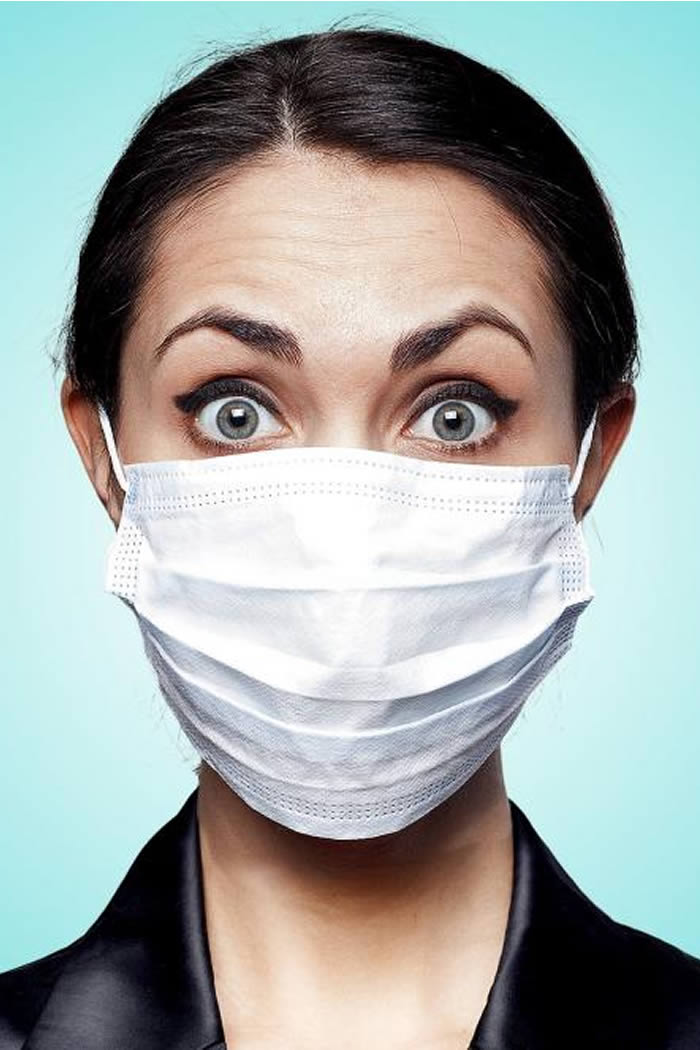Life is best served when it is used for others. The World Health organisation WHO has confirmed the coronavirus a pandemic and thus the number of cases continues to rise worldwide. These basic steps can assist you to reduce your risk of getting sick or infecting others.
The coronavirus continues to spread worldwide, with over 185,000 confirmed cases and at least 7,200 dead.
Coronavirus is here, and it’s spreading quickly. Older people, those with underlying health conditions and people without a social safety net are the foremost susceptible to the infection and its societal disruption.
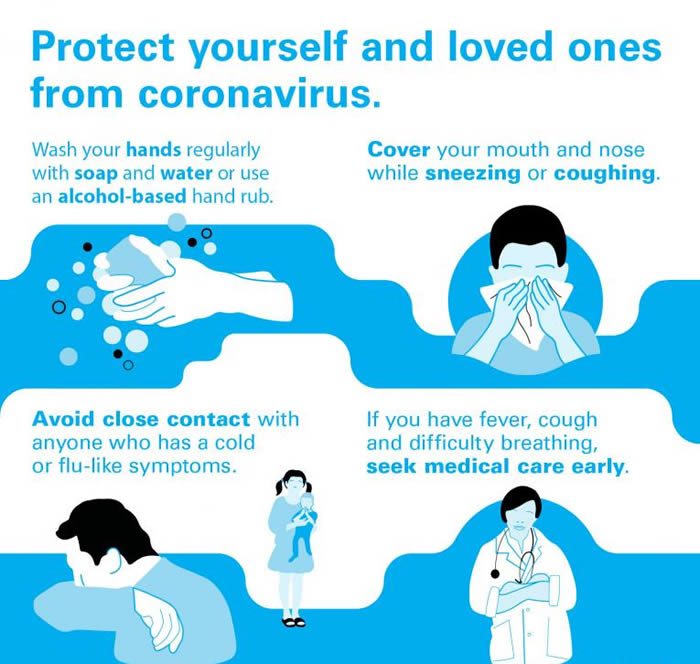 Though life as we all know it's sharply off-kilter, there are measures you can take. Most important: don't panic. With a few simple tips, one can help reduce one’s risk, prepare your family and do your part to guard others.
Though life as we all know it's sharply off-kilter, there are measures you can take. Most important: don't panic. With a few simple tips, one can help reduce one’s risk, prepare your family and do your part to guard others.
Here’s what you can do:
Stay home as long as you can:
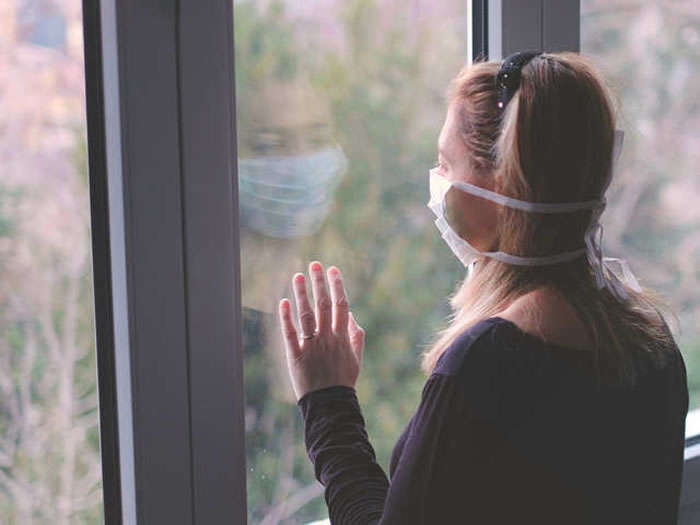 Even if you've got no underlying health conditions, and no symptoms, be extra cautious to protect people you can do your part to assist your community and therefore the world. Don’t get on the brink of people.
Even if you've got no underlying health conditions, and no symptoms, be extra cautious to protect people you can do your part to assist your community and therefore the world. Don’t get on the brink of people.
Limit your exposure to people:
This is called “social distancing” or “physical distancing,” and is essentially a call to distant from people. Experts believe the coronavirus travels through droplets, so limiting your exposure to people may be a great way to protect yourself.
Avoid public transportation when possible, limit nonessential travel, work from home and skip social gatherings. Don’t attend crowded restaurants or busy gyms.
If you develop a high fever, shortness of breath or another, more serious symptom, call your doctor. Testing for coronavirus remains inconsistent — there aren't enough kits, and it’s dangerous to travel into a doctor’s office and risk infecting others.
Wash your hands. With soap. Then wash them again.
 Wash your hands, wash your hands, wash your hands. That splash-under-water flick won’t cut it anymore.
Wash your hands, wash your hands, wash your hands. That splash-under-water flick won’t cut it anymore.
A refresher: Wet your hands and scrub them with soap, taking care to urge between your fingers and under your nails. Wash for a minimum of 20 seconds (or about the time it takes to sing “Happy Birthday” twice), and dry. Confirm you get your thumbs, too. It is also recommended that you avoid touching your eyes, nose and mouth with unwashed hands. Use alcohol-based hand sanitizers:
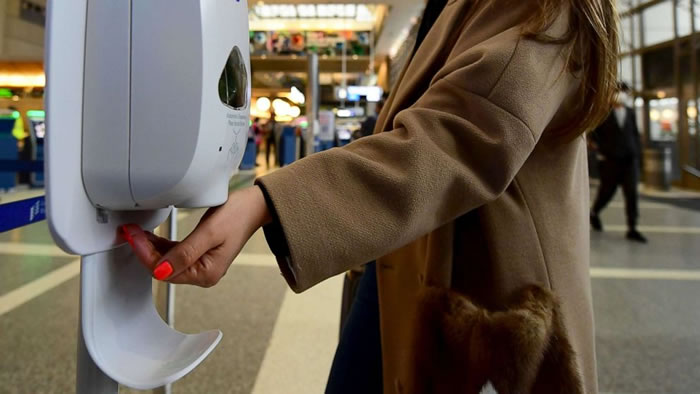 Alcohol-based hand sanitizers, which should be rubbed certain about 20 seconds, also can work, but the gel must contain a minimum of 60 per cent alcohol.
Alcohol-based hand sanitizers, which should be rubbed certain about 20 seconds, also can work, but the gel must contain a minimum of 60 per cent alcohol.
Clean your belongings
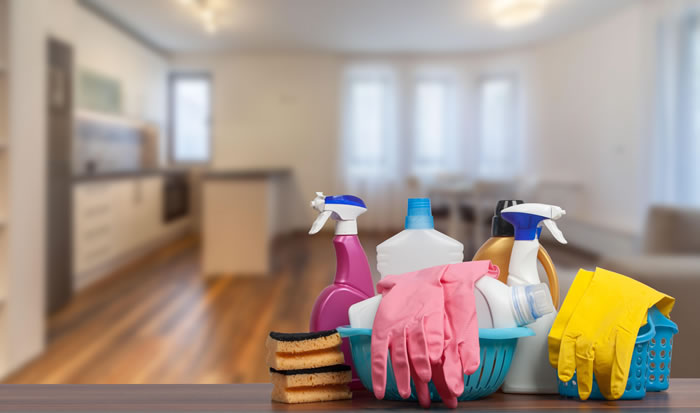 Also, clean “high-touch” surfaces, like phones, tablets and handles.
Also, clean “high-touch” surfaces, like phones, tablets and handles.
To disinfect any surface, it is recommended wearing disposable gloves and washing hands thoroughly immediately after removing the gloves.
Say no to physical contact:
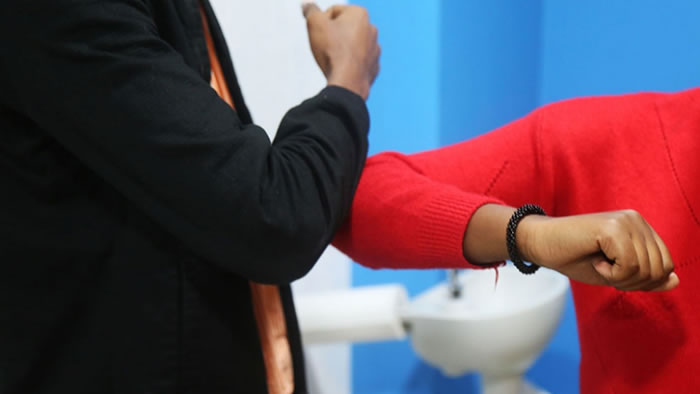 Try to stand far away from people, especially if they appear sick. Wave, bow or give an elbow bump, instead of a shaking hand.
Try to stand far away from people, especially if they appear sick. Wave, bow or give an elbow bump, instead of a shaking hand.
Stay informed
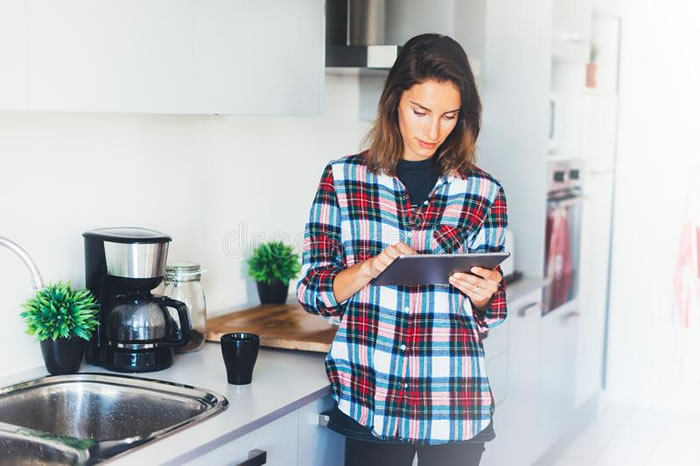 Knowing what's accurate can protect you and your family.
Knowing what's accurate can protect you and your family.
There’s tons of data flying around, and knowing what's happening will go an extended way toward protecting your family. The good news is that cases in children are very rare Right now, there’s no reason for folks to stress, the experts say; coronavirus cases in children are very rare.
Get flu shot
The flu vaccine may be a must, as vaccinating children is sweet protection for older people. And take equivalent precautions you'd during a traditional flu season: Encourage frequent hand-washing, move far away from people that appear sick and obtain the flu shot.
Don’t accumulate masks.
Unless you're already infected, face masks won’t help you, Face masks became a logo of coronavirus, but stockpiling them might do more harm than good.
First, they don’t do much to guard you. Most surgical masks are too loose to stop inhalation of the virus.
Masks can help prevent the spread of an epidemic if you're infected. The foremost effective are the so-called N95 masks, which block 95 per cent of very small particles.

